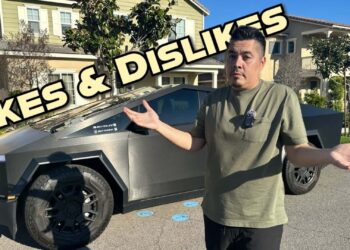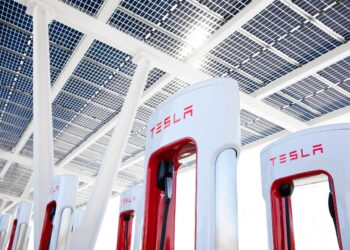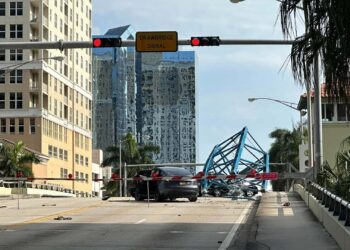The Tesla Semi is perhaps the most groundbreaking vehicle in the commercial industry in decades. In Sacramento, California, Pepsi is using 21 of them to help reach its sustainability goals.
In a multi-year effort that aims to reduce the company’s carbon footprint, Pepsi is depending on the Semi, battery forklifts, Ford eTransit vans, and other BEVs to help operate the full logistical load at its northern California plant.
“Battery electric vehicles are essential for us,” Amanda DeVoe, Pepsi’s Transformation and Strategy Director, said. “It’s really grounded in our duty cycle, i.e., how we use our assets because a good majority of our business is anchored in going to market, we deliver predominantly under 100 miles on a daily basis, and we run those vehicles around 12 hours a day.”
The Semi is among the most crucial to the company’s business practices, and the company and its employees have quickly adapted to the ever-changing landscape in commercial logistics.
DeVoe said the use of EVs is most advantageous for this type of short-range travel from Pepsi’s distribution warehouse in Sacramento to where it will deliver vehicles.
Three of the twenty-one Tesla Semi units that Pepsi uses at the Sacramento facility are “dedicated to the long-haul” routes, which range from 250 to 450 miles.
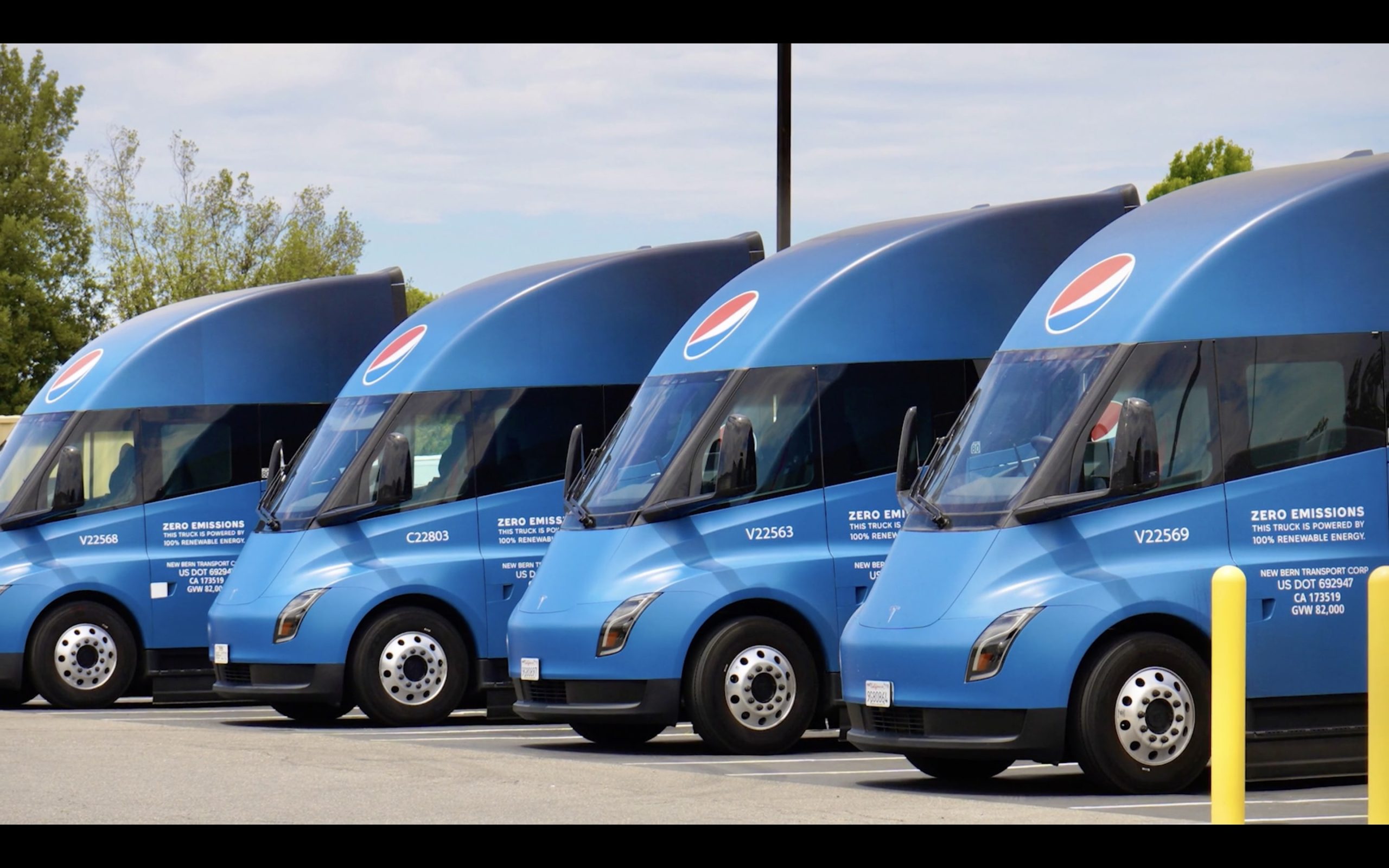
The Tesla Semi’s technology, especially with regenerative braking, has been a monumental help for Pepsi, especially with the routes that include Donnar’s Pass.
Dejan Antunović, Pepsi’s Electrification Program Manager, said:
“Going across Donnar’s Pass and back from [Sacramento] to Nevada, we’re able to, on the trip back, actually zero out, in terms of state of charge improving due to regenerative braking…It extends range for us in a way that is invaluable.”
Transport drivers and fleet managers stated the Megacharger has helped tremendously with the travel, helping Semis reach 95 percent state of charge within 20 to 30 minutes of charging. They also commented on how comfortable the Semi’s interior is and how easy it is to drive due to the throne’s positioning toward the front of the vehicle.
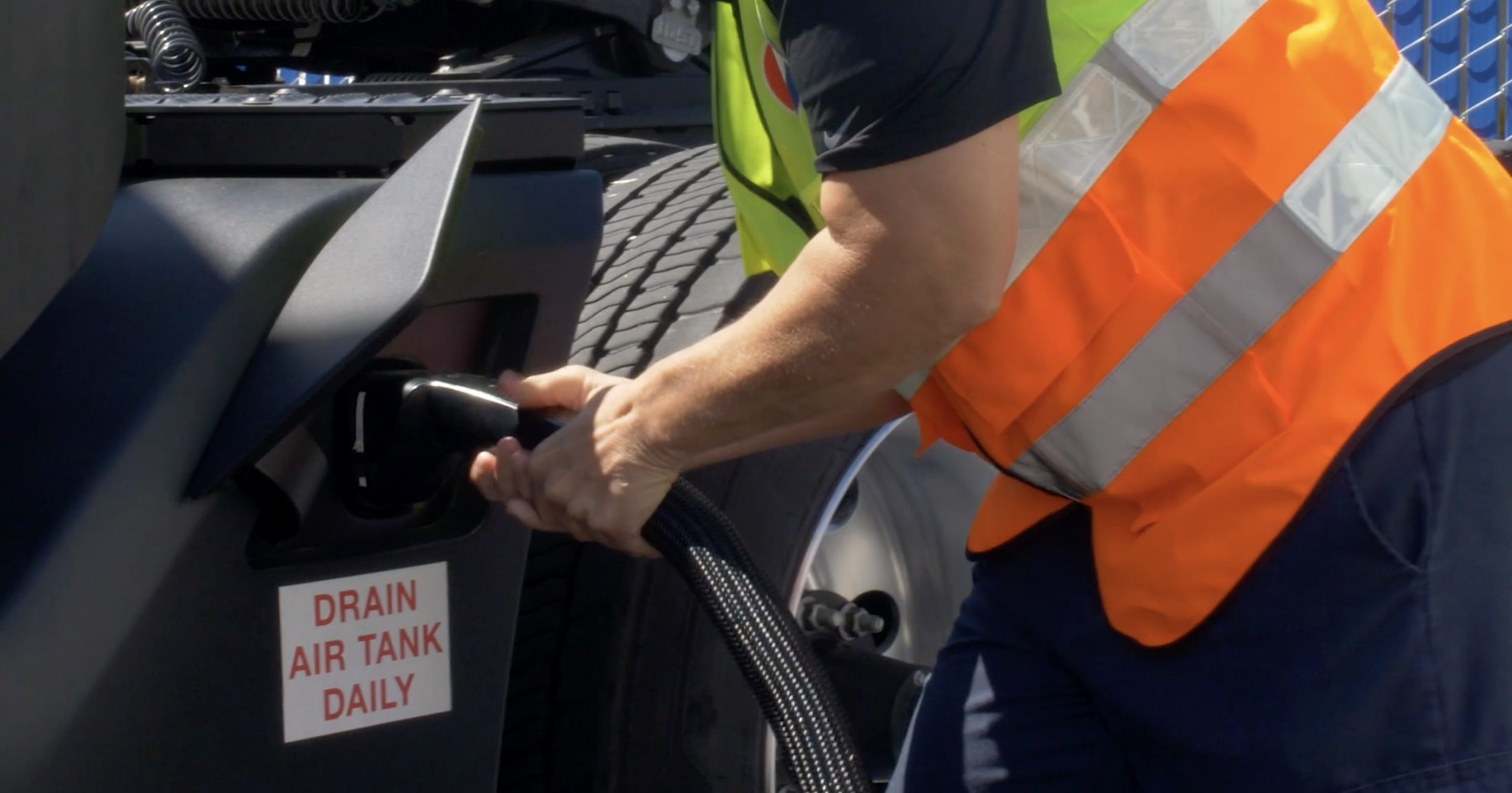
It took three years for Pepsi to prepare for the sustainability project to really take shape, which required 3 MW of additional service to the facility.
However, the project is years ahead of schedule due to the mass adoption of EVs at the plant, led by the Semi.
Please email me with questions and comments at joey@teslarati.com. I’d love to chat! You can also reach me on Twitter @KlenderJoey, or if you have news tips, you can email us at tips@teslarati.com.



